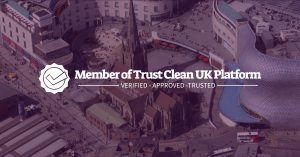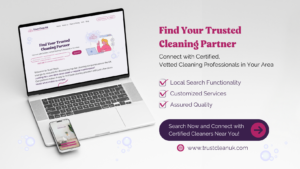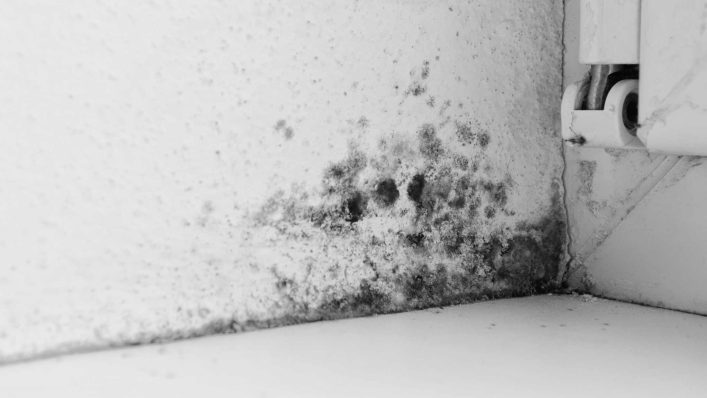
Table of Contents
Fake negative reviews can be a major challenge for cleaning business owners and self-employed cleaners. These reviews can harm your reputation, deter potential clients, and even impact your revenue. In this blog post, we’ll explore effective strategies to identify, manage, and counteract fake negative reviews on platforms like Google and Trustpilot.
Understanding Fake Negative Reviews
Fake reviews are often written with malicious intent to harm a business’s reputation. These could come from competitors, disgruntled ex-employees, or even bots. It’s crucial to address them promptly to maintain trust with your clients and potential customers.
Why Are Fake Reviews Harmful?
- Damage to Reputation: A single bad review can create doubt in the minds of prospective clients.
- Loss of Revenue: Studies show that negative reviews can decrease customer trust and lower sales.
- Demoralisation: For small businesses or self-employed cleaners, fake reviews can feel like a personal attack.
How to Spot Fake Negative Reviews
- Vague Details: Fake reviewers often provide generic complaints without specifics.
- Unverified Profiles: Look for suspicious profiles with no other activity.
- Timing Patterns: Multiple negative reviews in a short period could indicate an attack.
- Mismatch in Location: Reviews from areas you don’t operate in are a red flag.
Steps to Handle Fake Negative Reviews
1. Stay Calm and Professional
Avoid reacting emotionally. Responding professionally shows your potential clients that you care about feedback.
2. Report the Review
Platforms like Google and Trustpilot allow businesses to flag and report suspicious reviews. Here’s how:
- Google:
- Go to Google Maps or Search.
- Locate the review and click the three dots.
- Select “Flag as inappropriate” and provide a reason.
- Trustpilot:
- Log in to your business account.
- Locate the review and click on “Report.”
- Provide evidence that the review is fake.
3. Respond Publicly
When possible, respond to the review:
- Politely refute false claims.
- Mention you couldn’t verify their information in your records.
- Invite them to contact you directly for clarification.
Example:
“Dear [Reviewer Name], thank you for your feedback. However, we cannot locate your details in our system. Please contact us at [email address] so we can resolve this matter.”
4. Gather Evidence
Collect information such as customer records, communication logs, or proof of work. This can help when reporting the review.
5. Request Removal via Legal Channels
If a fake review persists and significantly damages your reputation, consider legal options. Some laws protect businesses from defamation, and platforms may remove reviews upon receiving legal documentation.
Proactive Measures to Prevent Damage from Fake Reviews
1. Encourage Positive Reviews
Ask satisfied customers to leave genuine reviews. A higher number of positive reviews can outweigh the impact of a fake negative one.
2. Monitor Reviews Regularly
Set up Google Alerts or use tools like Trustpilot’s notifications to stay updated on new reviews.
3. Build a Strong Online Presence
Actively manage your profiles on Google, Trustpilot, and social media platforms. An established presence builds trust and credibility.
4. Educate Your Customers
Let your customers know that their genuine feedback is crucial for your business. Share how fake reviews can impact small businesses like yours.
How Trust Clean UK Can Help
At Trust Clean UK, we understand the challenges cleaning professionals face, including dealing with online reviews. Our platform connects you with vetted clients, helping you build a strong reputation and reduce reliance on third-party review platforms.
- For Cleaning Businesses: Learn how to strengthen your digital presence and protect your reputation by joining our Ambassador Program or exploring our Website Design Templates tailored for cleaning services.
- For Self-Employed Cleaners: Showcase your credibility with our Trusted Member Badge and gain more clients through our reliable network.
Conclusion
Fake negative reviews are a nuisance, but with the right approach, you can minimise their impact and protect your reputation. Remember, professionalism, prompt action, and proactive customer engagement are key.
For more tips and resources tailored to cleaning business owners and self-employed cleaners, explore our Blog or About Us pages.
Stay vigilant, and let your genuine work and satisfied customers speak for your quality!
If you’d like further assistance managing reviews or building your cleaning business, visit Trust Clean UK today!









